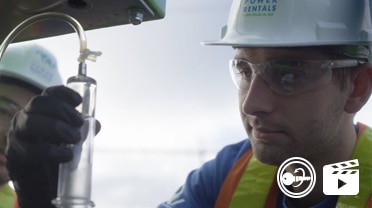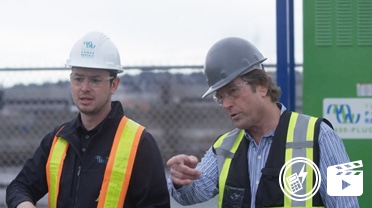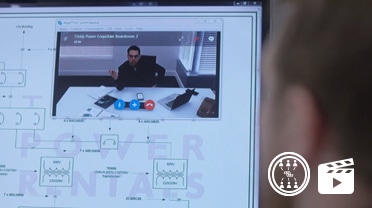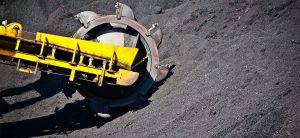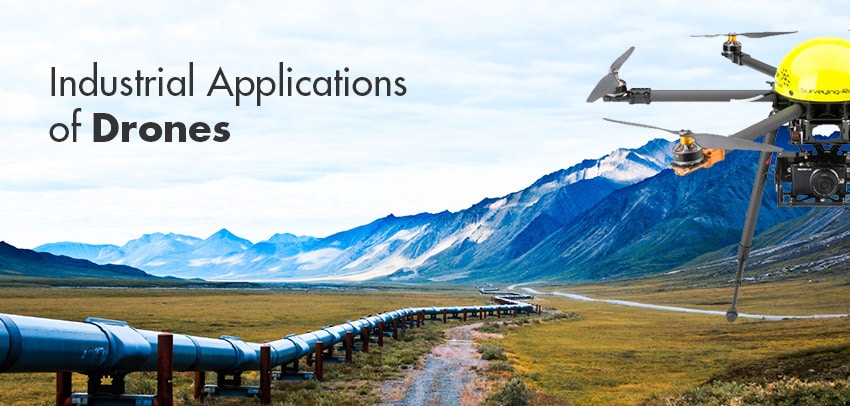- OUR APPROACH
-
COMMITTED TO YOUR SUCCESS
Our approach, developed over decades of experience, is fine-tuned to get the results you want.
We deliver concept-to-completion solutions, designed by temporary power specialists with access to the largest inventory of high-quality power generation and distribution equipment in North America.
-
- Equipment
-
RENTALS
From a wide range of diesel and natural gas generators to transformers, cable, light towers and more, our large rental fleet and extensive vendor network ensure we’ll have the temporary power equipment that your project requires — every time.
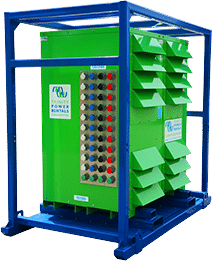
-
- Industries
-
INDUSTRIES WE SERVE
For nearly 20 years, we have been at work powering projects across Canada’s industrial sectors.
Select from this sampling of industries to learn how we can put our expertise to work for you.
VIEW ALL- Projects
- About
-
A PROUD HISTORY. A BRIGHT FUTURE.
From our inception in 1998, we have been building our team on a foundation of excellence. Our team members’ passion, expertise and commitment are what have allowed us to grow into a national company with projects across Canada.
Click on the links to learn more about our history, our team or our career opportunities.
- Blog
- Contact
-
Commercial drones have been around since 2006, when the FAA issued the first commercial drone permit (for the next eight years, it issued an average of 2 permits per year). But it wasn’t until Amazon began using drone in 2013 that the technology started to take off, with 1000 permits issued in that year alone.
Back in 2015, we spoke with the owner of West Coast Placer, a drone company offering mapping services to the mining exploration sector. At the time, drone use in mining was still in its infancy: laws, technology, and widespread adoption still had a long way to go to catch up with the potential that drones promised.
Things have changed since then.
“10 years ago commercial drone use was very much left to hobbyists with technical expertise to build and fly drones themselves,” says Tom Hanson, COO of The Sky Guys — a drone company offering UAV services to industrial sectors including mining, oil & gas and major construction. “The focus [then] was on capturing new unique perspectives of projects or assets at a very high-level. Now, with drone data we are able to produce tangible data sets like volumetrics calculations for mining, change detection for construction, or right-of-way monitoring for oil and gas.”
We spoke with Hanson to find out what’s new in commercial drone technology, and how mining, oil & gas and big construction projects can benefit from it.
What Drones Can Do For You
“The baseline value add of drones is that they can reduce or eliminate risk, save time, save money, and provide more accurate information at a higher frequency,” says Hanson of industrial drone use.
One of the major benefits of employing drones in a project, according to Hanson, is that they take on operational tasks that could otherwise prevent project managers or business owners from focusing on the bigger picture.
“A turnkey drone program – one that captures data in field, processes that data, hosts it on a shared platform, and provides tools for customers to interact with and share that data,” says Hanson, “opens up a lot of time for business owners and project managers to focus more on key critical decisions that impact their business instead of the ones they have to make to continue to operate.”
This kind of turkey drone service is exactly what the Sky Guys provide for their clients. “Our primary focus is to provide simple solutions to complex problems,” Hanson explains. “We do that by leveraging drone-enabled solutions and software to capture, analyze and report on data for business insight in big industry.”
This includes a “heavy emphasis on automating complex, recurring operations that are required for compliance and growth (such as asset inspections, volume calculations, or right-of-way monitoring).”
How to Find the Right Operator
While regulatory oversight has found its way into the commercial drone industry, there are still no guarantees that a drone operator will be a good one. Hanson has some advice for ensuring you are working with the right people.
“There is not a shortage of drone operators out there, but very few are experienced across the board in heavy industry, in being able to speak that language and understand compliance requirements on the customer side,” says Hanson.
He recommends that project managers or business owners who are considering working with a drone operator ensure that the operator has expertise related to their project, and to ask for references or a portfolio of sample work. He also suggests doing due diligence to make sure the operator has insurance coverage, pilot certification and industry-specific certification, such as H2S.
Finally, Hanson says, a good drone operator will be realistic about the limitations of the technology. “The general rule of thumb is that any project that requires data to be collected outside of a 5km radius should also be explored with manned aviation,” says Hanson, who adds that drones can’t always meet project accuracy requirements either: “There are some projects, such as LiDAR surveying in heavily vegetated areas, where the sensors required eliminate drones as an option because of their weight,” says Hanson. “The right operator should have that discussion honestly and point customers in the right direction.”
What You Should Know About the Latest Drone Technology
Drone technology has come a long way in a short time, and it’s showing no signs of stopping. The latest development? Beyond Line of Sight applications, which involve drones flying beyond the operator’s field of sight. “This is widely utilized in military applications, but not yet in the commercial space,” says Hanson. “Technically we do have that capability, but we are waiting for the regulators to catch up.”
Because there are more drone flights every day in the US than there are commercial aircraft flights, regulators will have to consider every angle before permitting the technology to be used for commercial applications. But Hanson estimates that the regulations will catch up in the next two to three years. “Once that happens,” Hanson predicts, “drones will be able to fly assets on an ongoing basis remotely without a lot of the current mobilization requirements. At that point, it will be all about making drones more efficient from a power and communication standpoint so they can be operating non-stop.”
With the possibility on the horizon of drones operating non-stop to collect data for industrial projects, the Sky Guys are focusing their efforts on data management.
“Working with over 600 clients, we have noticed some common themes,” says Hanson. “Clients have huge and recurring data acquisition needs, have to use multiple software solutions for a single project, have non-existent or cumbersome data management systems, have difficulty sharing data, and have strict data compliance, risk, and security requirements.”
In order to support their clients who are facing these challenges, the Sky Guys have been developing a web-based platform called Droneapp, “a global drone pilot marketplace, connecting customers with professional drone pilots, with built in premium features for data management and analytics.”
Says Hanson, “Drones are widely available, but finding the right operators and managing data is the hard part. Droneapp aims to satisfy that.”
Could your company benefit from working with an experienced drone operator? The Sky Guys offer inspection, surveying, and progress tracking solutions for a wide range of sectors across Canada and the US. Contact Tom Hanson to learn more about how drones can contribute to your upcoming projects.
Related Articles
Subscribe for access to exclusive content


